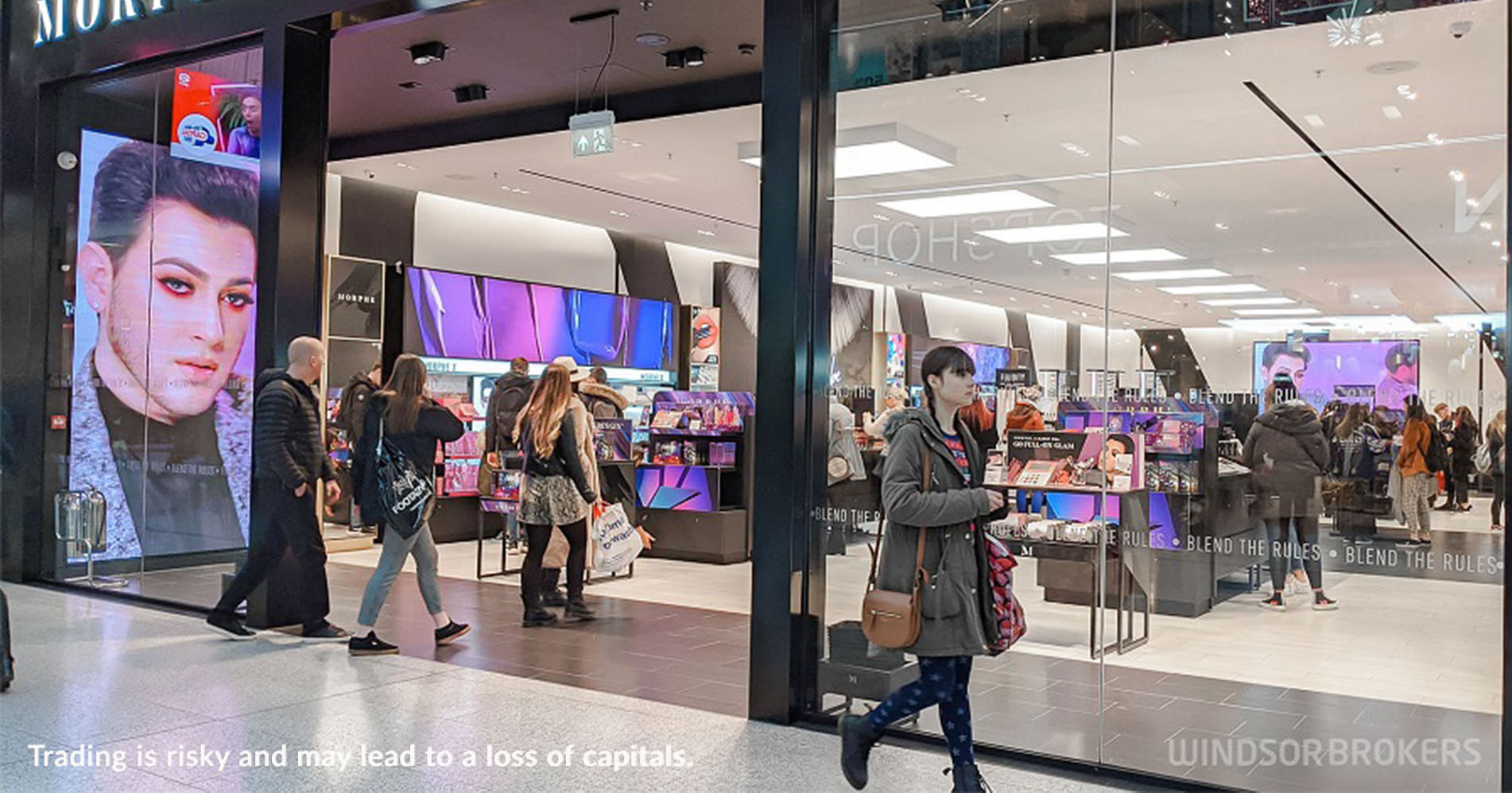UK retail sales bounce back in July but persisting risk of Covid and high inflation darkens the outlook
British retail sales regained traction and resumed recovery after unexpected drop in May, rising 0.5% in June from previous month’s 1.3% fall, while so-called core retail sales, which exclude volatile components, rose by 0.3% in June following 2% drop in May.
According to statistics, main driver of sales in June was Euro 2020 football tournament, with volumes in food stores – which were hit by consumers’ return to restaurants and bars in May – rising by 4.2%, the biggest monthly rise since March 2020.
At the same time, clothing and household goods stores registered a drop in sales, while online sales were down to 26.7% in June from 28.4% previous month, making the lowest share of retail spending since the start of the pandemic in March last year.
Britain was locked down for longer than many other European countries during the pandemic and economy contracted nearly 10% in 2020, but bounced back sharply this year, despite a number of restrictions which were in force for prolonged period and were eventually lifted on July 19.
The data showed British consumer confidence rose above pre-pandemic levels in the first half of July, despite a fresh rise in coronavirus Delta variant cases, contributing to strong retail sales figures.
However, economists believe that current rise is temporary and retail sales will fall back over the coming months, due to persisting risk from Covid – which already sent hundreds of thousands workers to isolate after being in contact with someone infected – as well as risk of rising inflation at the end of huge financial aid from the government.


